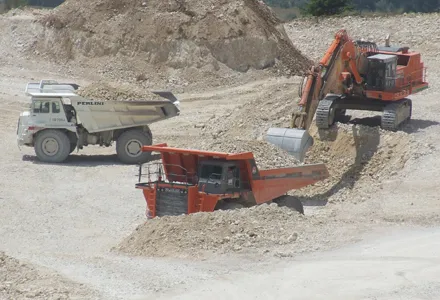TTS Italia is now involved in the optimised CO-Modal PASSenger transport for reducing Carbon emissions (COMPASS) project that started in November 2011. The 25-month project is being coordinated by Edinburgh’s Napier University, which is a leader in industrial and transport research. The project forms part of the European Transport Policy (ETP) for the 21st Century and looks towards the new challenges. In particular, three topics must be addressed: challenges from the key socioeconomic trends, challenges fro
June 19, 2012
Read time: 2 mins
RSS5953 TTS Italia is now involved in the optimised CO-Modal PASSenger transport for reducing Carbon emissions (COMPASS) project that started in November 2011.
The 25-month project is being coordinated by5954 Edinburgh Napier University, which is a leader in industrial and transport research. The project forms part of the European Transport Policy (ETP) for the 21st Century and looks towards the new challenges. In particular, three topics must be addressed: challenges from the key socioeconomic trends, challenges from environmental concerns, challenges from technological changes. The project involves a series of key partners: Transport Research Institute (TRI), Edinburgh Napier University, Project Coordinator; Istituto di Studi per l'Integrazione dei Sistemi (ISIS); Institute for Transport Studies University of Leeds; Mcrit; MKmetric Gesellschaft für Systemplanung; TRT Trasporti e Territorio; Technical University of Vienna (TU Wien); Uniwersytet Gdanski; TTS Italia. This last is Italy’s National Association for Telematics for Transport and Safety. TTS Italia has the task of boosting efficiency and safety in the country’s transport system.
The 25-month project is being coordinated by







